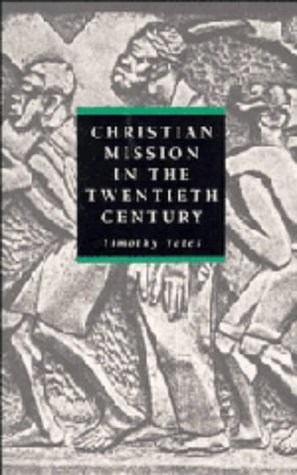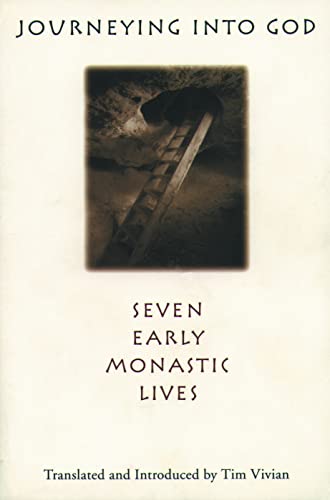Walking in the Ways of the Lord: The Ethical Authority of the Old Testament
Written by Christopher J.H. Wright Reviewed By Richard S. HessWright continues his work on Old Testament ethics within third volume, containing a collection of previously published essays dealing with method, approaches and specific issues. He proposes a paradigmatic application of the Bible to ethics. This is based on a scheme of history that outlines creation, fall, redemption and new creation. There is a triangular model of the ethical agenda in which God occupies the apex and the two corners of the base include either the people and land of Israel in the Old Testament scheme or the Church and ‘fellowship’ in the New Testament. In the final redemption, humanity and the earth are found at the two corners of this triangle of relationships. Wright finds an authoritative guide for ethics in Scripture insofar as God has revealed himself in historical acts that form the basis for specific commands and insofar as creation has brought a specific structure to the world. In one essay Wright traces various views on the ethical application of Old Testament law and teaching from early Christianity to the present, including the use of narrative texts as a source for ethics. However, noting the difficulty of agreement on ethics from clear legal imperatives, he asks how much more difficult it will be to reach a consensus on the implications from narrative sources. For Wright, the created order provides a basis for a coherent ethical system. Creation and its revelation and covenant brings about an ethical response to God’s grace, and leads to a promised blessing. In a review of Gottwald’s The Tribes of Yahweh, Wright identifies with the view of premonarchic Israel as socially and politically egalitarian. In the last part of the book, he considers some specific issues: the land, the Jubilee Year, the state, human rights and the redress of corruption. In contrast to New Age philosophy, the Bible portrays the land as distinct from and dependent on God. Wright finds in the Jubilee Year a mechanism for preserving family values with legal and economic measures to restrain and alleviate debt. The work is useful as a means of addressing many important questions about the value of the Bible for ethics in an age of relativism and religious pluralism. There is some overlap of content in the essays but the reader will obtain a better understanding of the issues present in this growing field.
Richard S. Hess
Denver Seminary, Denver







